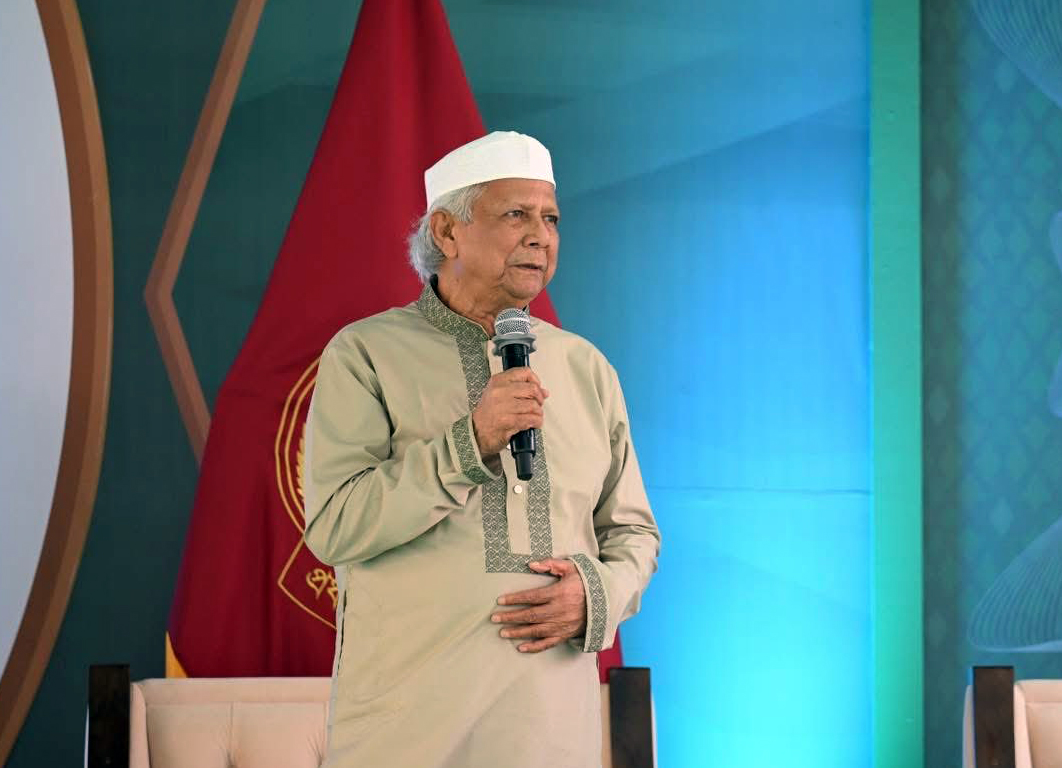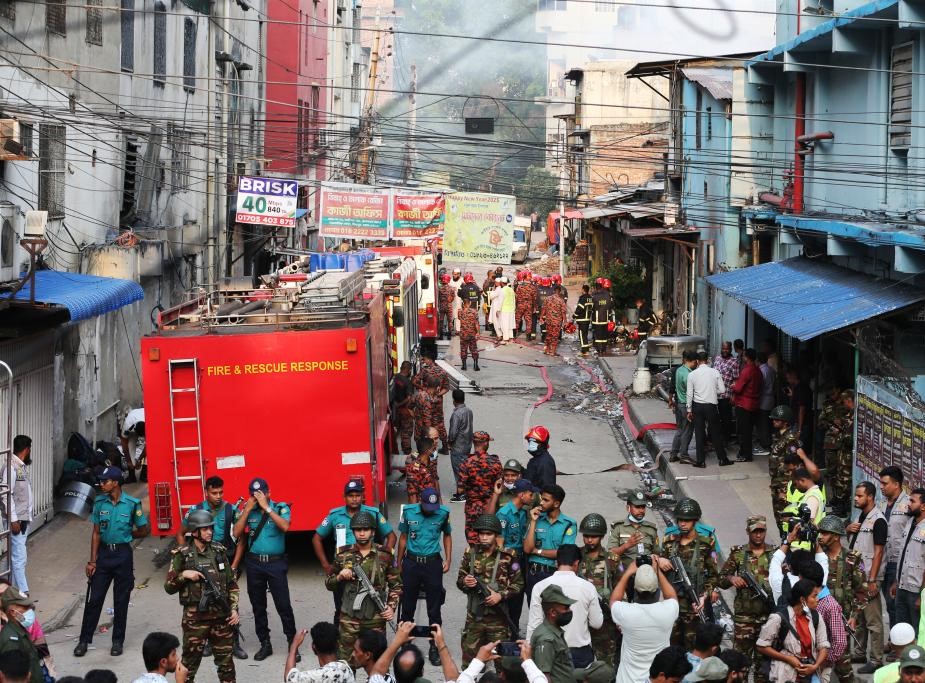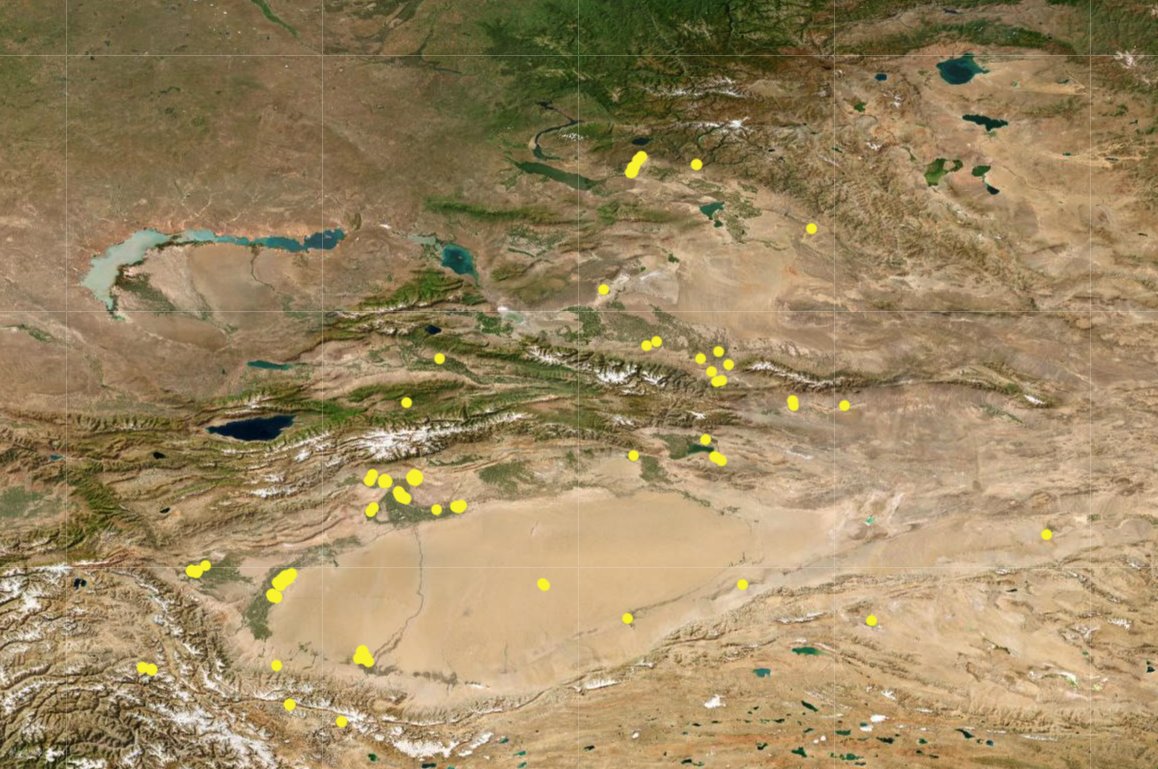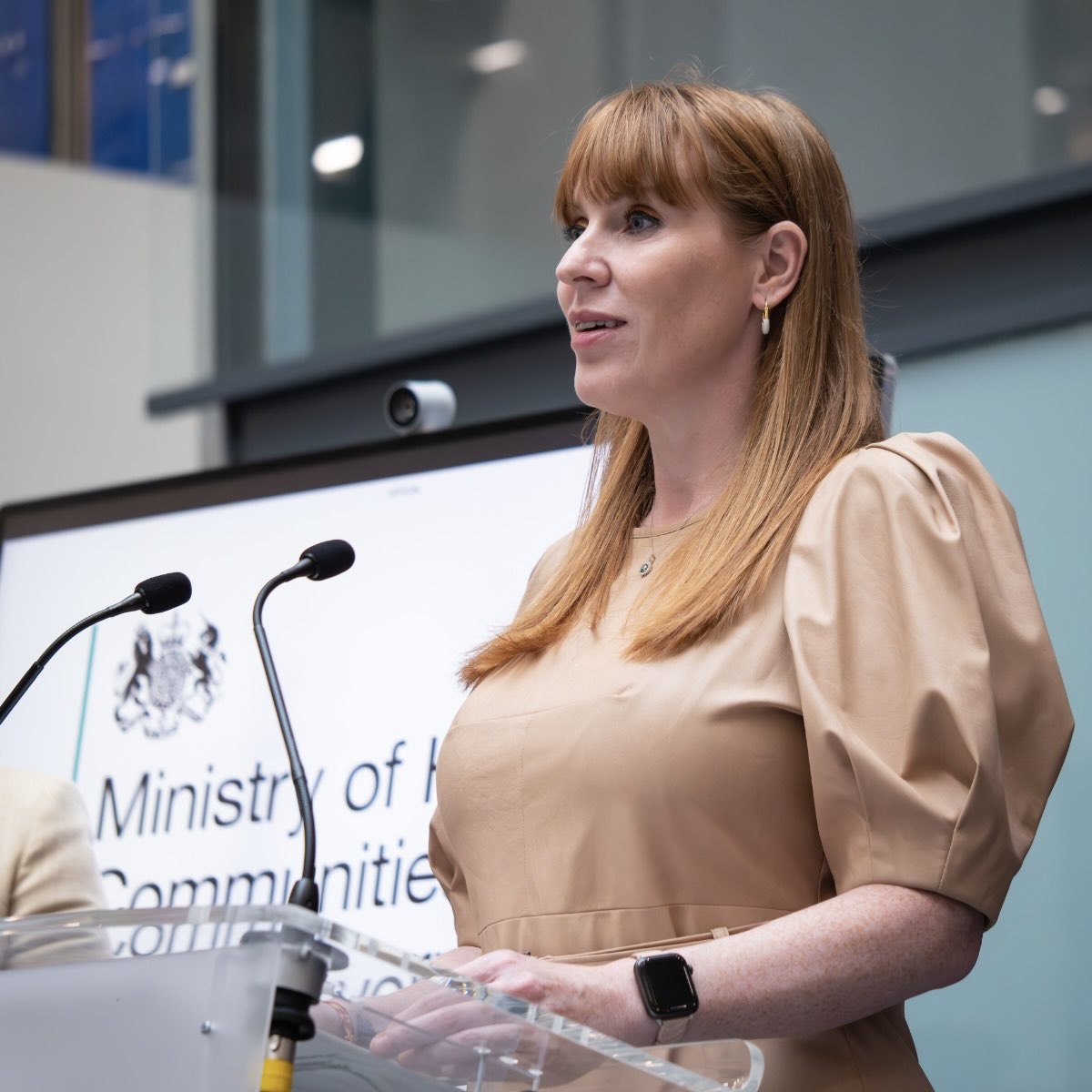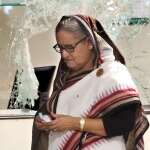The protests began after the High Court reinstated a quota system that was abolished in 2018, which reserved 30 percent of government jobs for descendants of freedom fighters from the 1971 Bangladesh Liberation War….reports Asian Lite News
In the wake of violent protests over a controversial quota system in government jobs, Bangladesh is grappling with unrest on its university campuses. The turmoil has been marked by violent clashes between student protesters and members of the Bangladesh Chhatra League (BCL), the student wing of the ruling Awami League party, media reported.
The protests began after the High Court reinstated a quota system that was abolished in 2018, which reserved 30 percent of government jobs for descendants of freedom fighters from the 1971 Bangladesh Liberation War. This decision has incited anger among many young Bangladeshis who feel their job prospects are hindered by the quotas.
At least six people, including three students, lost their lives, and over 100 others were injured on Tuesday as clashes erupted between protesters and police. The violence forced the closure of schools and colleges across the country.
The unrest saw two new fatalities in Dhaka and Chattogram, with earlier reports of four deaths from these cities and Rangpur. At least three of the deceased were students, and around 400 individuals were injured as the protests escalated, turning violent after a week of demonstrations.
In response, the government deployed Border Guard Bangladesh (BGB) troops in four major cities and ordered the shutdown of all high schools, colleges, madrasahs, and polytechnic institutes until further notice for student safety, as announced by an education ministry spokesperson.
Dhaka witnessed significant turmoil, with unidentified individuals setting buses on fire and detonating Molotov cocktails. Sporadic clashes caused roadblocks, stranding thousands in the usually bustling capital.
The conflict intensified on Monday when the ruling Awami League’s student wing, the Bangladesh Chhatra League (BCL), confronted the protesters. Demonstrators accused the BCL of attacking their peaceful protests with police backing, claiming the quota system hindered the enrollment of meritorious students in government services.
Protesters blockaded highways and railways in Dhaka, Rajshahi, Khulna, and Chattogram, leading to clashes with police who fired tear gas and rubber bullets. Rival student groups also clashed in Dhaka, causing severe traffic disruptions in the city of 20 million.
Dhaka University students led the protests, demanding talent-based recruitment for government jobs. They alleged that they were attacked by ruling party activists armed with sticks, rocks, machetes, and Molotov cocktails during peaceful demonstrations.
The current quota system reserves 30% of jobs for descendants of 1971 Liberation War veterans, 10% for administrative districts, 10% for women, 5% for ethnic minorities, and 1% for the physically handicapped. Every year, around 3,000 government jobs are available for nearly 400,000 graduates.
This protest marks the first significant demonstration against Prime Minister Sheikh Hasina’s government since her re-election in January. Hasina defended the quota system, stating that war veterans deserve the highest respect for their sacrifices in 1971 and criticized the protesters for opposing benefits for war veterans.
Dhaka slams US claims of deaths in student protests
Bangladesh has criticized the United States for making “unsubstantiated” claims regarding the ongoing student protests, with a government minister advising Washington to “look in the mirror” before commenting on democracy in other nations.
This rebuke came after US State Department Spokesperson Matthew Miller expressed concerns about the protests over government job quotas in Bangladesh.
On Monday, Miller voiced the US’s apprehensions during a department press briefing. “We are aware of and are monitoring reports of widespread student protests in Dhaka and across Bangladesh that have resulted in two deaths and hundreds of injuries.
The freedom of expression and peaceful assembly are essential building blocks of any thriving democracy, and we condemn any violence against peaceful protesters. Our thoughts are with those affected by this violence,” he stated in response to a query.
ALSO READ: Rising calls for recognition of 1971 Bangladesh genocide




